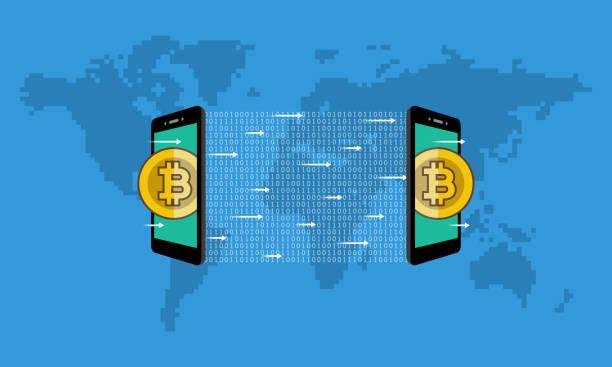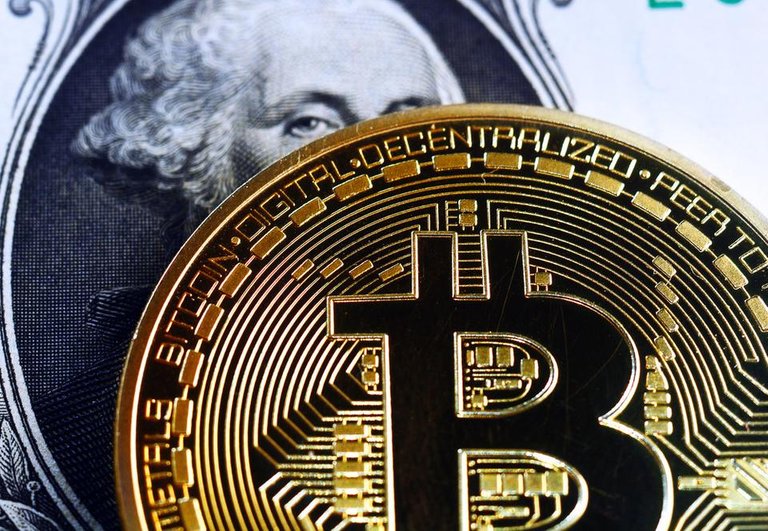The remittance industry is an incredibly important source of income for many families in developing countries. To give you an idea of the size of this global industry, it’s estimated that around 250 million migrants worldwide use remittance channels to send money back home, which totaled $440bn in 2017 according to the World Bank.
These cash injections provide a lifeline for families that use it to pay for housing, clothing, food, education and healthcare. When natural disasters strike, remittances are usually the first form of aid to reach the people living in the affected areas. Even at a national level, remittances can form a substantial part of a country’s GDP. Tajikistan for example receives 29% of its GDP in remittances as 1 million Tajiks migrate annually to earn a living elsewhere and send cash back home.
But despite its global importance, the remittance industry is at risk and in desperate need of restructuring. Our global remittance network is redefining the industry and addressing its challenges with fiat-pegged cryptocurrencies and native incentive token Zephyr.
Why the remittance industry needs to be transformed
Banks are increasingly moving away from the industry, exiting relationships with Money Transfer Operators (MTOs). Regulatory burden is increasing in a bid to combat money laundering and terrorism funding – although, it must be said, the remittance industry is built on small transactions and inherently an inefficient mechanism for those types of malicious purposes. But perhaps the biggest challenge to the remittance industry is simply the high costs of transactions.
Of the $440bn sent in 2017, nearly $32bn was spent on the transaction itself. It depends on specific remittance corridors and currency pairings, but when you send $200 back home you can expect an average cost of 7.09 percent. That number jumps up significantly when you send money to Sub-Saharan Africa where the average cost would be 9.27 percent. There are a wide variety of factors that create these high transaction costs, but perhaps the most important one is structural inefficiency.
If you have ever sent money from your bank account to another account overseas, you will likely have noticed that it can take quite long for the money to arrive, mistakes are often made, and the transaction itself is just plain expensive. Financial institutions and FinTech start-ups are exploring ways to improve these processes and create a faster banking infrastructure. However, these innovations won’t mean much for the people in developing nations that need a better remittance service. That’s because around 2 billion people across the world do not have access to bank accounts and are therefore ‘unbanked’.
In their situation, remitters need to send fiat cash abroad through MTOs that help transfer the money so that recipients can receive fiat cash in the local currency. A fiat cash transaction like this is fraught with inefficiencies where the money changes hands frequently between intermediary banks and is exchanged into different currencies along the way to facilitate cross-border movement. Fees are added every step of the way and by the time your hard-earned cash arrives home, much of it has already been wasted on these slow unreliable legacy systems leaving less money in the hands of the recipients that need it for basic living expenses.
So how can we build a better remittance service and increase accessibility for the unbanked that need a cash-based system?
By using cryptocurrencies to make fiat cash travel.
Cryptocurrencies as vehicles for fiat cash
With cryptocurrencies, we can unleash transformational change in the remittance industry by creating a service that is much faster, cheaper and accessible to everyone – completely bypassing the need for banks.
Transactions using cryptocurrencies can be completed in mere seconds, regardless of remittance corridors or currency pairings. Building on the inherent benefits of Blockchain technology, the process will be a lot more reliable where it is guaranteed that the money sent will be received by the intended recipient, and any errors would be easily detectable. And best of all, to benefit from the crypto goodness all you need is a mobile phone with an internet connection. Even in developing nations, mobile phones are everywhere and Tajikistan for example, has a mobile penetration rate of 100%.
We have created a remittance system that is compatible with the needs of the unbanked and is essentially a cash in, cash out global system that uses fiat-pegged cryptocurrencies as the connecting thread. Enabled by the BitShares Decentralised Exchange, Bitspark will create cryptocurrencies that have their value pegged to fiat currencies. We can do this for any of the world’s 180 fiat currencies to serve any remittance corridor or currency pairing.
The fiat-pegged cryptos will serve as vehicles for fiat cash to travel across borders at a higher speed and at a much lower cost. MTOs buy and sell fiat currencies which increases or decreases their digital fiat-pegged-crypto balance. Cash goes into the system, travels as fiat-pegged crypto, and is taken out in cash at the destination point. No banks involved and minimum transaction costs.
That’s how we are making fiat cash travel at the speed of crypto.
Accelerating growth of a global remittance service with Zephyr
Currently, we serve 8 markets across the Asia Pacific and African regions including Hong Kong, Malaysia, Philippines, Indonesia, Vietnam, Pakistan, Ghana and Nigeria. In collaboration with the United Nations Development Programme, the next market to be added is Tajikistan. But to transform the remittance industry on a global scale, we have recently introduced a unique feature designed to bootstrap the growth of our network: native incentive token Zephyr.
Zephyr (ZEPH) is an integral part of our growth strategy, serving both as an incentive and reward token. To encourage adoption of our system, every MTO that joins the network is rewarded with Zephyr tokens. And as Zephyr is currently trading on the BitShares DEX after our ICO in 2017, Zephyr is worth real money. Besides network growth, Zephyr is also used to incentivise continued usage of our services. For every beneficial action taken such as sending transactions or topping up balances, Zephyr is rewarded as well. Together, this stimulates adoption and usage.
In what is truly a game changer, we have also designed a buy back mechanism where Bitspark uses 25% of the fees earned on transactions to buy back Zephyr from the BitShares DEX. By doing that, we help maintain the long-term value and utility of Zephyr to benefit users of the network and traders holding ZEPH in their crypto portfolios. In effect, the combination of circulating Zephyr tied to network growth and buying back tokens from the exchange when transactions happen, ZEPH is part of a positive feedback loop. The value of Zephyr is positively affected as the network grows and more people use the system, making it even more attractive for new users to join the network and the cycle continues.
Zephyr is a critical part in rolling out our global network where fiat cash travels at the speed of crypto. With every ZEPH you buy, we are one step closer to increasing financial inclusion worldwide, reaching the world’s 2 billion unbanked citizens to have a long-lasting positive social impact.
Subscribe to our newsletter to get the last update of Bitspark and cryptocurrency world: https://mailchi.mp/bitspark.io/zephyr-investor-newsletter
Bitspark Homepage: https://www.bitspark.io
Bitspark Blog: http://blog.bitspark.io/
Bitspark Twitter: https://twitter.com/BitsparkLTD
Bitspark Facebook: https://www.facebook.com/BitsparkLTD
Zephyr Telegram Group: https://t.me/joinchat/BQS59kQMk8Zkscos9idsgg






As an investor and holder since the ICO, I am a strong supporter of BitSpark and Zephyr and fully believe in you guys! KEEP IT UP!
UPVOTED AND RESTEEMED!
May your wildest dreams come true!
-G
thanks
I totally agree you guys are on a good track keep up the good work and we all hope that the regulations regarding cryptos are working in our favour!!!
Hi Masterthematrix,
Thanks for your support. We try our best to solve remittance problems to give access to the unbanked cheaper and faster services....
We also hope that regulation will help us in the future.